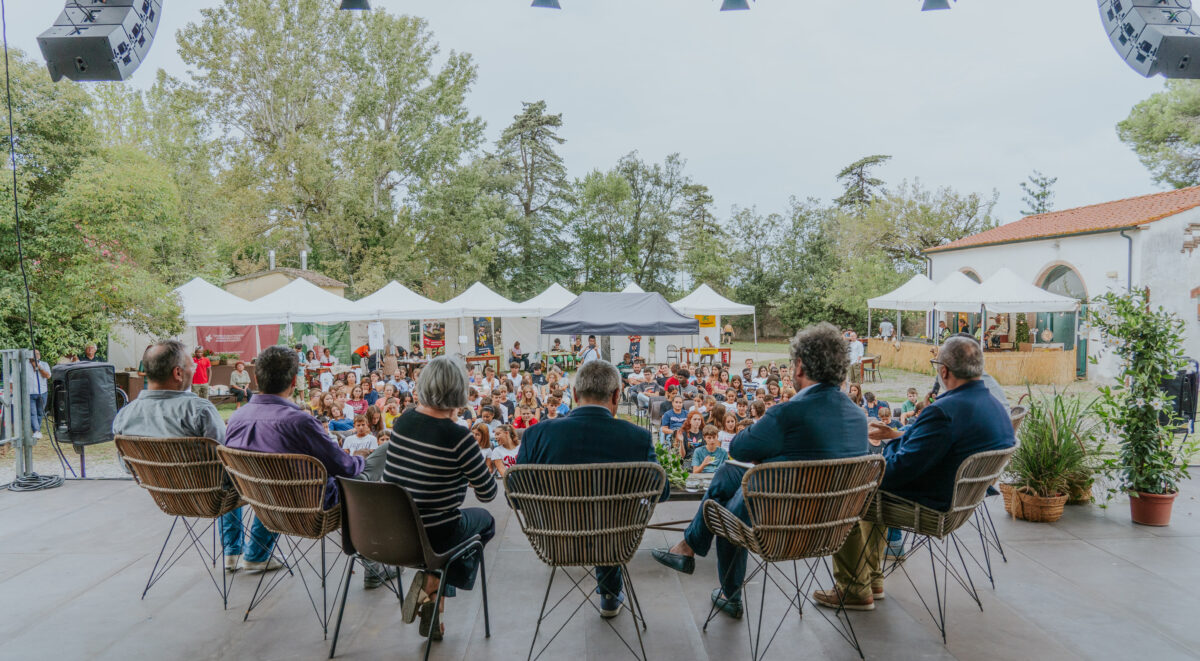
Nazarena Plumb was a participant in our most recent activity “IYFN Festival on Socio-Ecological Transformation” and she decided to write a few of her impressions and recount her experience on the activity as a participant and as a workshop facilitator.
“Environmental sustainability must not be separated from economic and social sustainability.”
“In summer it’s hot, in winter it’s cold.”
“We must collectively do much more to combat the threat of climate change. We will not achieve these aims by harming the economy or through an exclusively state-led approach. We need to harness the expertise and creativity of businesses and entrepreneurs.”
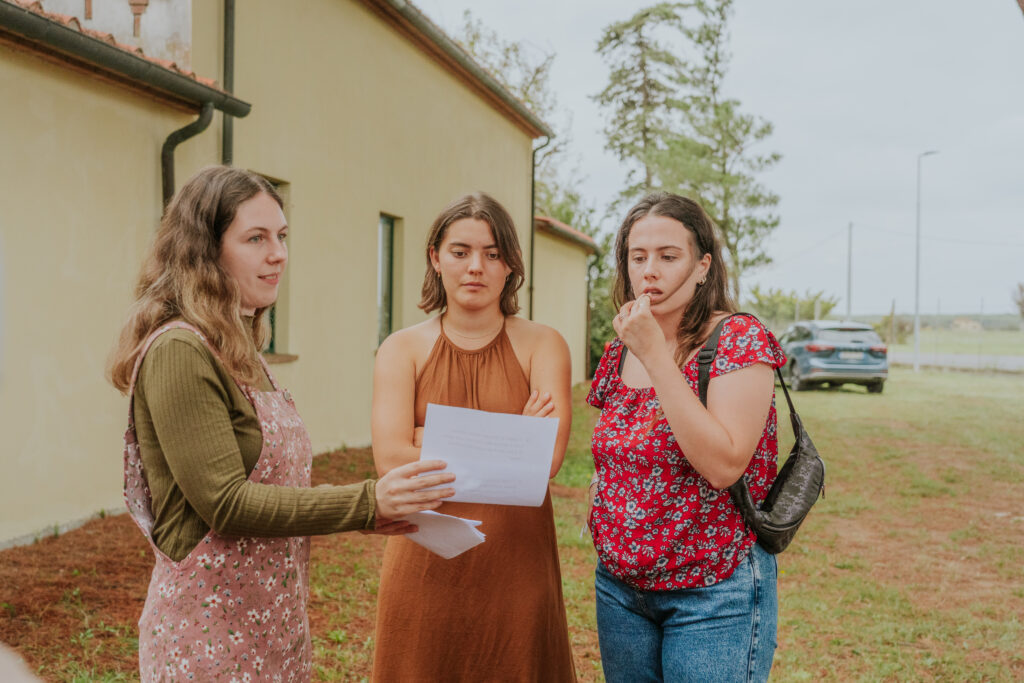
What do all these statements have in common? Actually, they were all made by Italian or European far-right politicians. These are a sample of the statements that my co-facilitators Sebastian, Bartek and I gave to the participants of our workshop on the far-right’s influence on the climate movement. The participants positioned themselves between “agree” on one side of the courtyard to “disagree” on the other, and with a large spread of opinions on these topics, the participants would often unknowingly find themselves defending a position on climate or social matters embraced by the far-right.
This workshop took place in the vibrant setting of the Terra Lenta climate festival organised by IYNF and the Italian Young Naturefriends in Cecina, Tuscany. The three-day festival involved a myriad of workshops, round-table discussions, and musical performances on the grounds of a magnificent Tuscan villa. 60 young people from around Europe met with local youth and local and international experts to participate together in an event rich in cultural exchange and inspiration for climate action.
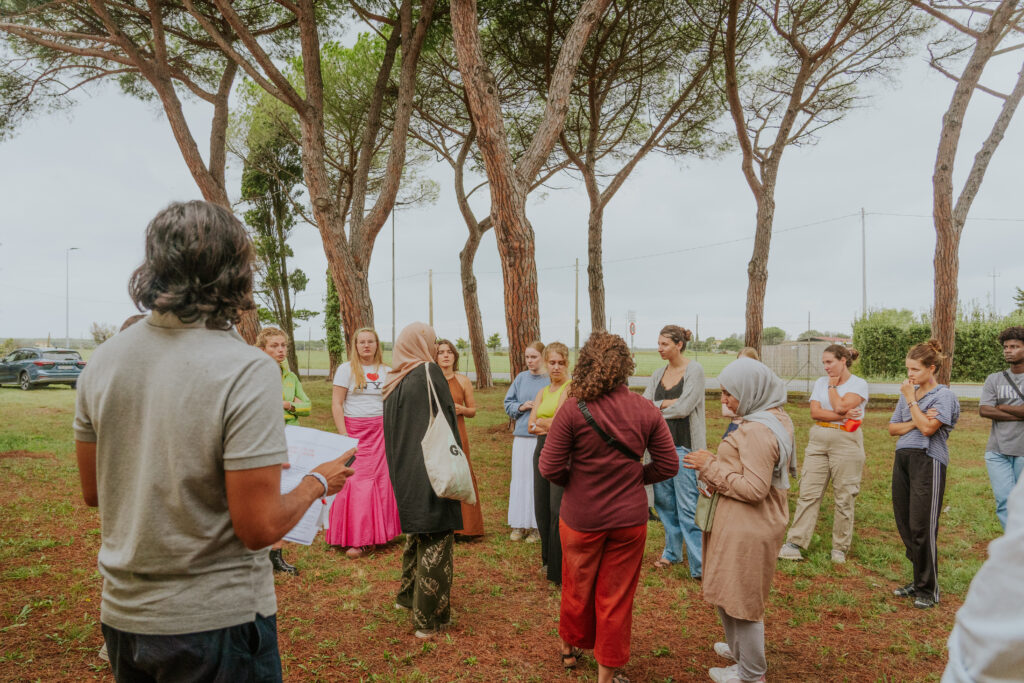
This was the final of IYNF’s series of international activities this year. Throughout the activities, which took place in the Netherlands, Austria and Germany, we were educated in non-formal education methods on the topics of extremism, mental health, workshop facilitation, and much more. Throughout these activities, the thread of environmentalism wove its way into our learning, preparing us to become workshop facilitators in Cecina.
My group’s workshop on the far right and environmentalism started with an exercise to create a definition of populism: first in pairs, then combining their definition with that of another pair in a group of four, and again in a group of eight, and again until the whole group had a definition of populism that united all the ideas in the room. We then went outside for the “agree/disagree” activity which sparked discussion and debate, raising profound questions such as the extent to which it is the responsibility of private companies or governments to take action on the climate crisis. We concluded by dissecting the quotes, revealing the far-right themes hidden within ostensibly environmentally-conscious messages.
So, what are some far-right ideas to look out for in climate statements? There are many, but here are three examples:
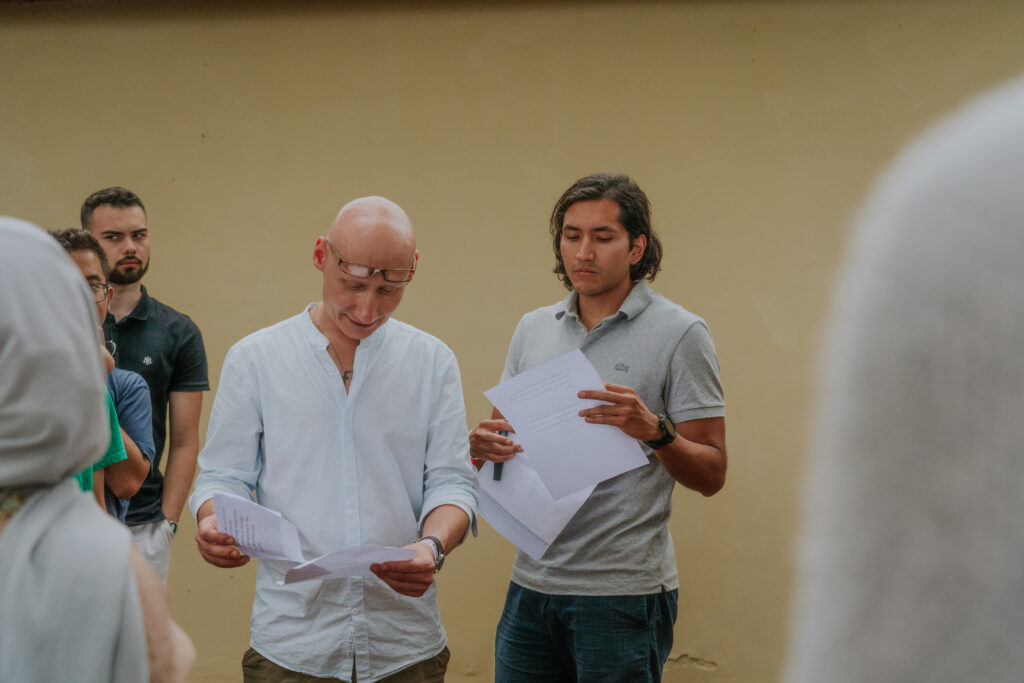
Overpopulation: people who talk about overpopulation don’t normally think that “their” group is the problem, but rather it is the “other” who is having too many children. If you ask them to follow their logic through to its conclusion, it normally leads to the taking away of the freedom of women of colour to make choices over their bodies.
“Blood and Soil”: the idea that we are inherently linked with the place we were born, so we should take care of it, and we shouldn’t move too far from it. It’s the idea of protecting the “homeland” from the “other” who does not belong.
Shifting Responsibility: transferring climate action responsibility from the government to the private sector risks hindering progress, as government support is vital for meaningful change.
I also had the pleasure of taking part in some of the other peer-led workshops, which were equally thought-provoking. The workshop on intersectionality, for example, enabled me to better understand the subconscious prejudices that influence the way we see the world, and the ways the climate crisis impacts different groups in distinct ways.
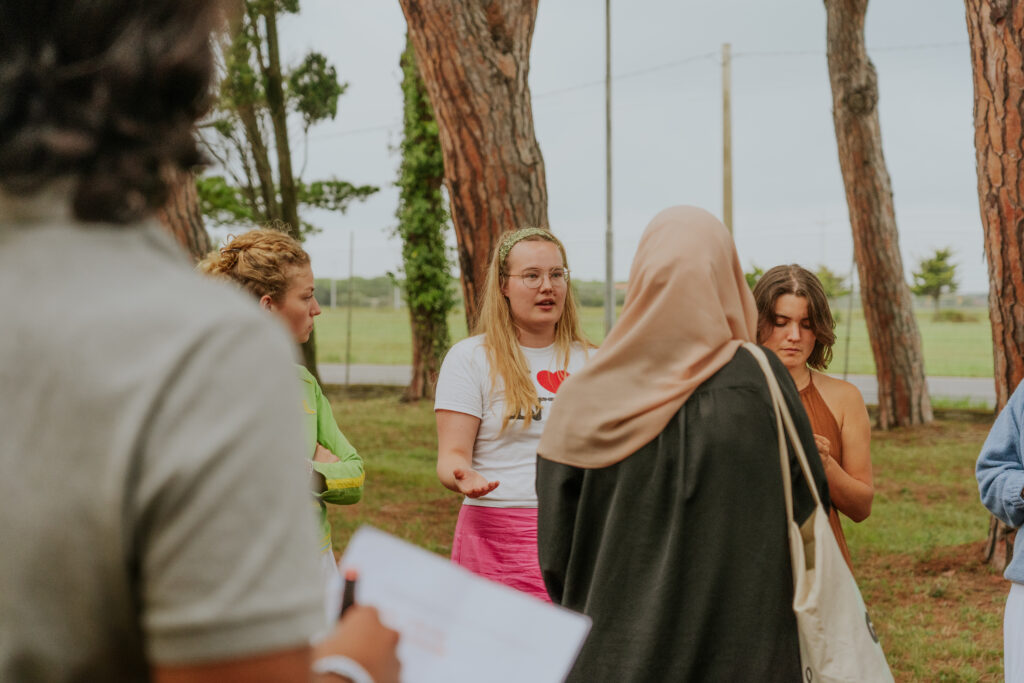
Beyond the climate workshops, this unforgettable long weekend also included swimming at the beach, long nights playing Werewolf and beautiful walks in the Tuscan countryside!
The activities run by IYNF are opportunities for young people in Europe to learn about the key challenges facing the planet and their solutions, to experience new things and new places, to exchange perspectives and to make new friends. The token participation fee means it is accessible to everyone, so I encourage you all to apply for the next activity.

Funded by the European Union. Views and opinions expressed are however those of the author(s) only and do not necessarily reflect those of the European Union or EACEA and DZS. Neither the European Union nor the granting authority can be held responsible for them.
